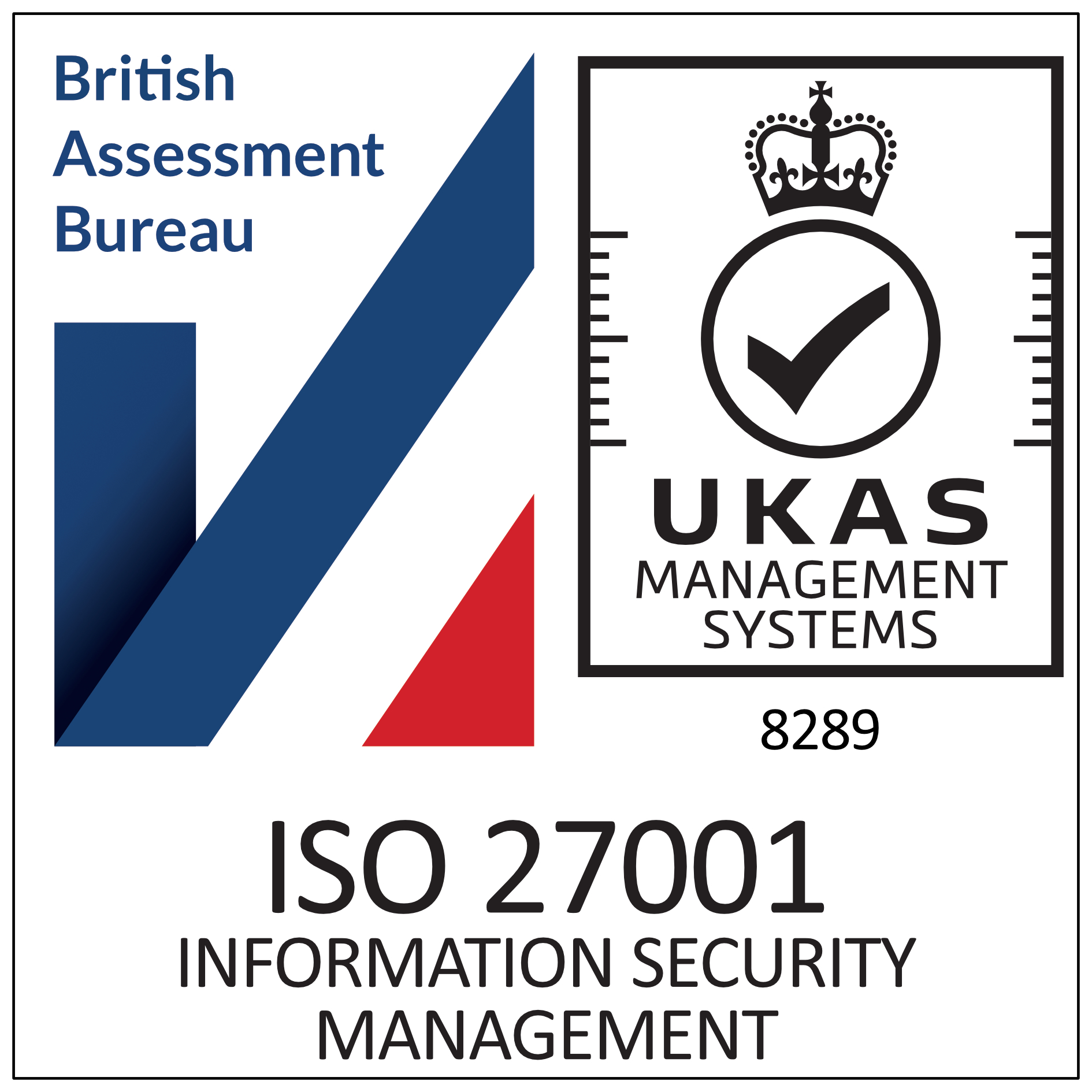Does Language Really Matter in NHS Job Planning?

I’ve talked a lot about our Core Activity Language Set in the last few months, especially since we began offering it for FREE to every NHS Trust in the country. The initial response has been overwhelming, with a HUGE number of Trusts taking up the offer.
Now that the dust has settled a little, I wanted to take an opportunity - perhaps for those that are still unsure - to explain what the Core Activity Language Set is, why we’re giving away something so valuable for free and how you can access it for yourself. So firstly:
What is the Core Activity Language Set?
At its heart, it’s a database of over 6,000 activity types spanning various specialties from Anaesthesia to Urology and everything in between, created by Medical Workforce Specialist Brian Jones.
The set is organised into categories such as; Direct Clinical Care (DCC), Supporting Professional Activities (SPA), Additional NHS Responsibilities (AR), External Duties (ED), and more. Each category comes with its own subcategories and activities, creating a three-tiered structure tailored to enhance and standardise your reporting capabilities significantly.
Why will it help us?
Take a look at this example: Three Clinical Radiologists perform the same activity in a week within their job plans. The first logs 1 PA per week as ‘X-Rays,’ the second records 1.5 PAs per week as ‘Imaging,’ and the third as 1 PA for ‘Radiology’. Though they all mean exactly the same activity, the varied descriptions result in a total of 3.5 PAs (or 14 hours) per week that are very difficult for the Trust to accurately report and/or plan against. Also, the ‘anomaly’ of why the second consultant requires 0.5 additional PAs compared to the others probably isn’t clearly identified for further investigation… it might be perfectly fine, but is it clear for all to see?
The Core Activity Language Set simplifies and standardises the activities available during the job planning process, ultimately saving time for both consultants and administrative staff. It will also support better decision-making through more accurate data. Other benefits include better training and onboarding for new staff and more evidence based capacity data. Its design also gives consistency across departments within the Trust and potentially can extend to other workforce systems - like eRostering.
Why are we giving the data away?
Simply put, our aim is to help improve workforce planning across the NHS, and we firmly believe that a solid foundation in job planning begins with standardised language.
As SARD Managing Director, Phil Bottle, wrote in a recent piece, ‘Rubbish in, Rubbish out’, this set is our way of helping you ensure that the data entered into your Trust’s job planning system is of the highest quality - regardless of which system you use.
What’s next?
There’s so much more on the horizon regarding how the Core Activity Language can advance your Trust and what we can do to help. I can’t reveal everything yet, but make sure to follow me and SARD JV for the latest updates on our SARD Consult services.
How can you get a copy?
Getting your free copy couldn’t be simpler. Just DM me directly or send an email to discovery@sardjv.co.uk.
This Language Set is available to every NHS Trust and Integrated Care System (ICS) across the country, absolutely free of charge, no matter which eJob Planning system you’re currently using.
Our goal is to improve NHS workforce planning as a whole, and if you think you can benefit from this or any other SARD Services, we’d like to hear from you!
For an even deeper look into how non-standardised language impacts NHS workforce planning and the transformative benefits of implementing it, check out What is Core Activity Language in Job Planning and Why Should You Care?.









